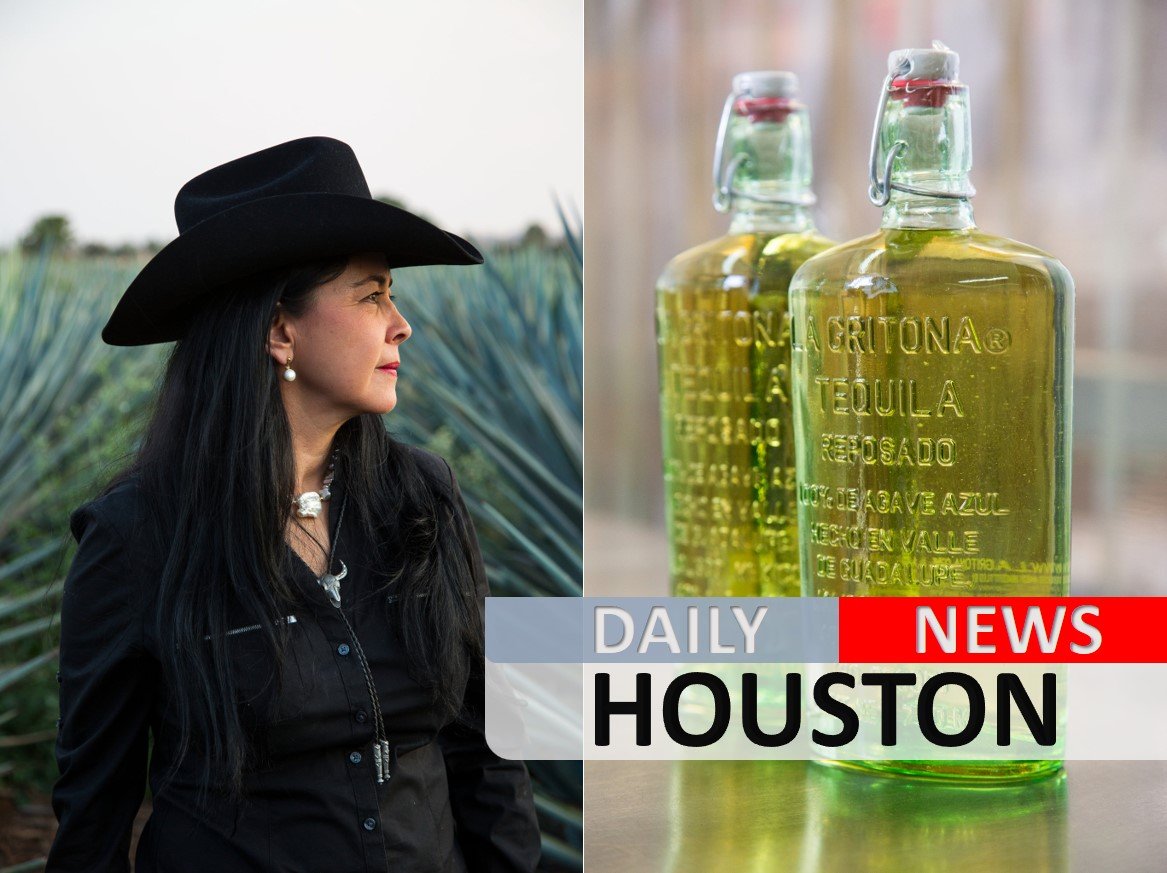More than two decades ago, when Carmen Lucia Barajas Cárdena and her father were on vacation in Mazamitla, Mexico, he told her that he wanted a tequila made in his name. At the time, Ms. Barajas Cárdenas was a clothing designer in Guadalajara, where she is from.
“I didn’t know anything about tequila,” Ms. Carmen Lucia Barajas Cárdena, who declined to give her age, said in a recent telephone interview conducted in Spanish. “But it was my father’s wish.” So she decided she would find a way to fulfill it. She knocked on doors, asking various tequila producers for help, and eventually found one who produced a line of bottles for her.
Ms. Carmen Lucia Barajas Cárdena quickly realized she wanted to do more.
“At first, it was a goal I had to accomplish, more than something that I wanted to do,” she said. “My clothing business was very comfortable. I went to the office, went home, it was easy. But once I was in the tequila industry, I loved it. The smell, the taste, it was marvelous.”
In 1999, she opened her own distillery, Raza Azteca, in Jalisco. At the time, according to an estimate from Mexico’s Tequila Regulatory Council, which certifies tequilas with designations of origin, eight or nine of the 79 tequila producers were women. (Today, the number is 12 of 152, or 8 percent.)
“She’s one of the few female master distillers down there,” said Andy Coronado, the owner of La Gritona, a Los Angeles company that works with Ms. Carmen Lucia Barajas Cárdena to produce and bottle its tequila. He described Ms. Barajas Cárdenas as protective of her people, knowledgeable about her craft, tough and sometimes eccentric.
“She always has a Coca-Cola and has a steak when we go out to eat,” Mr. Coronado said. “She pushes the vegetables off her plate and says, ‘That’s the food of my food.’”
Raza Azteca produces 100 percent tequila, which is not mixed with sugar or chemical flavors, for three in-house brands — El Conde Azul, Espectacular and Leyenda de México — as well as for other companies, such as La Gritona, Sino Tequila and La Quiere.
“To be a woman in this industry requires a lot of work,” Ms. Barajas Cárdenas said. “It’s a man’s world. When I started, people told me: ‘A woman in this industry? You will not make it.’ I grew off of those comments.”
And she did not focus on advancing only herself. From the early days, Ms. Barajas Cárdenas hired primarily women to work for her company, Vinos y Licores Azteca, which operates Raza Azteca.
“When I started the company, I put out job ads for women and men,” Ms. Barajas Cárdenas said. “But here in the little towns, there are more women than men because a lot of the men have left to look for job opportunities in the U.S.A.” So women filled all the openings, including those that are traditionally performed by men.
“From the girls in the agave fields to those who cook the agave, process the fermentation, it’s all women,” she said. “Some of it is really hard work, like cutting the agave. Most men could do this faster. But it’s not something women can’t do. It just takes a little bit more time.”
In creating her distillery, Ms. Barajas Cárdenas entered a market dominated by major companies like Herradura, Patrón and Sauza.
“They’re bigger than you, and they want to eat you,” she said. She set out to make a product that would stand out by staying true to the region’s heritage. “It’s tequila like our grandparents drank,” Ms. Barajas Cárdenas said.
Instead of industrial machines, her distillery uses masonry ovens that are made from the soil where the blue agave is planted. This extends the cooking process from eight hours to 24 (with another 24 hours of resting). Normally, the next step, fermentation, is pushed along with additives and lasts one to two days, but Ms. Barajas Cárdenas allows the fermentation to occur naturally, which requires nearly one week. All of the packaging components, such as the labels, caps and bottles, are made in Mexico.
“We are a little distillery, not a big brand on the market,” Ms. Barajas Cárdenas said. “We have to make things very differently.”
Ms. Barajas Cárdenas said the most difficult challenge occurred when she first opened the distillery. She did not have her own fields of agave yet, and she wanted to use plants that were eight to 10 years old and had been grown in the highlands. (Some experts argue that terroir is as relevant to tequila as it is to wine.)
“I had to get up early in the morning and drive from one agave field to another to search for the agave I wanted,” Ms. Barajas Cárdenas said. At the time, she managed to produce 300 liters per month. Now, her distillery makes that amount daily.
In the nearly 20 years that she has been producing tequila, the amount of 100 percent tequila that Jalisco produces has more than doubled, but the industry’s male-to-female ratio hasn’t changed much.
Yet Ms. Barajas Cárdenas remains hopeful. “I tell women they can do everything they want to,” she said. “We are no better or worse than men. It’s difficult, but we can definitely do what we want. The sky’s the limit.”









